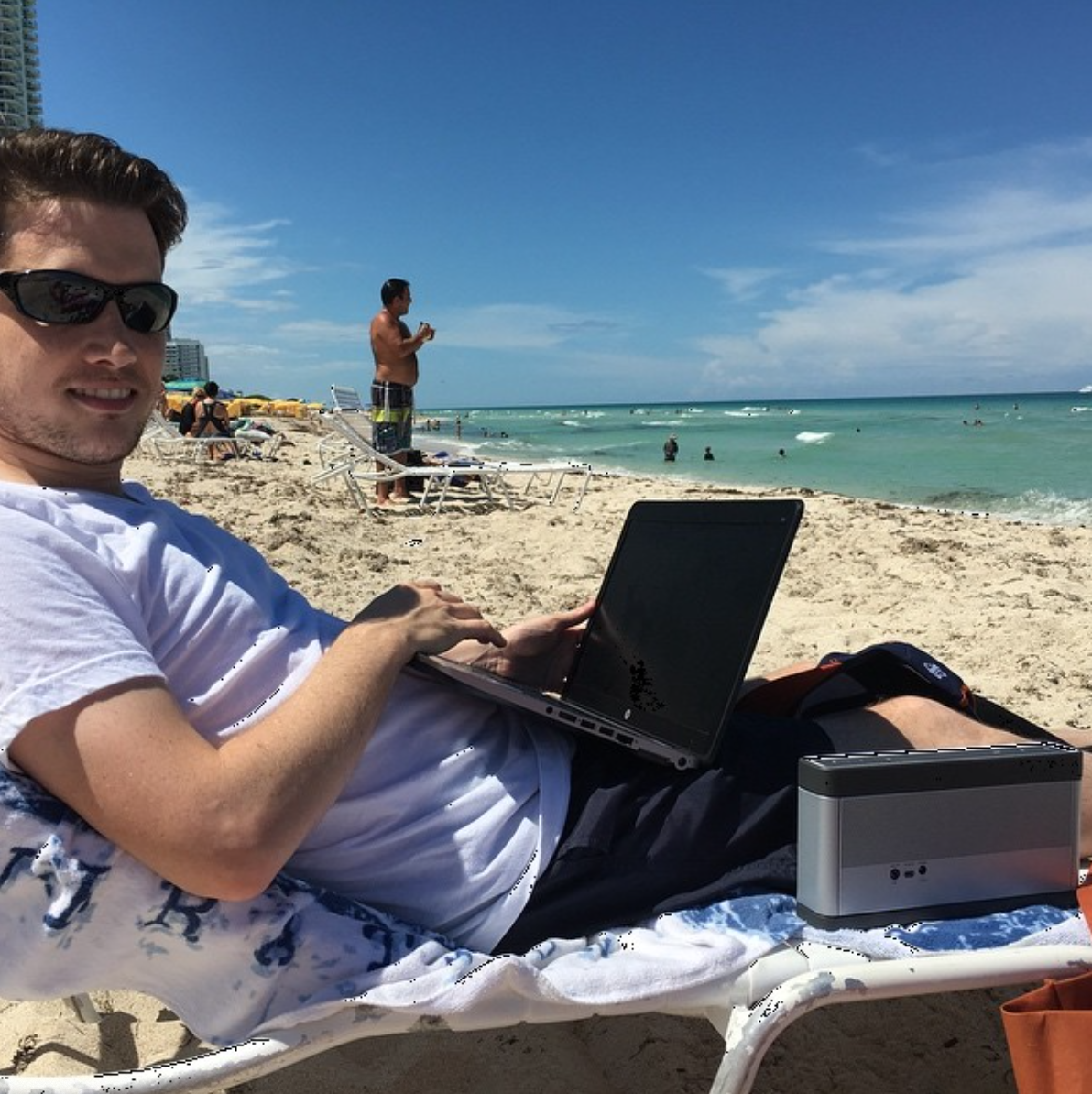It’s no secret that a small minority of traders thrive, making millions, while 90% fail.
And a lot of it comes down to a single, essential factor: risk tolerance.
Imagine having the power to embrace the uncertainty of the market without losing sleep.
Listen…
In the options market, understanding your risk tolerance is your secret weapon.
That said, risk tolerance isn’t a one-size-fits-all concept … it’s as unique as your fingerprint.
Today, I’ll walk you through everything I know about risk tolerance. Get ready to unveil the art of balancing risk and reward.
Let’s unravel the mystery of risk tolerance, one step at a time…
Keep reading and I’ll show you…
Determining Your Risk Tolerance
Risk tolerance refers to an individual’s willingness and capacity to endure financial uncertainty and potential losses.
It’s a highly personal aspect of trading that varies from person to person.
I can’t give you a definitive risk profile that works for everyone, because each trader’s personality is unique.
That said, to determine your risk tolerance in options trading, consider the following factors:
Experience and Knowledge
Your level of experience and understanding of options trading also impacts your risk tolerance.
Newbie traders should have a lower risk tolerance until they become more familiar with the unique quirks of the options market.
Then, as you grow and develop your understanding of options trading, taking on more risk will be par for the course.
For example, when I first started trading $50,000 of my bar mitzvah money back in 2010, I was taking on much smaller positions.
Today, armed with an account of over $4 million and more than a decade of experience, I’m comfortable taking on much larger positions when the price action calls for it.
Risk vs. Reward
Evaluate the potential rewards against the risks you’re taking. A well-calculated risk might be more acceptable if the potential gains are astronomical.
The options market is unique in this way. Sometimes, five-star opportunities present themselves within an elevated risk profile…
If you have the fortitude to face enormous risks to make potentially massive gains, you might be cut out to be a great trader.
But it’s all about knowing when, and how, to execute these plays.
And this has just as much to do with your personality as it does with your strategies…
Emotional Resilience
Some people are naturally more comfortable with risk and uncertainty. They can handle market fluctuations without feeling anxious.
Others might experience higher levels of stress and anxiety when it comes to financial situations, which can affect their risk tolerance in the options market.
You have to truly know yourself to be a great trader…
Ask yourself: How emotionally resilient are you in the face of financial stress?
Different personality types have varying levels of risk tolerance.
Understanding your personality traits can help you align your trading approach with your comfort level.
Additionally, you need to have a solid grasp of your personal money management…
Personal Money Management
Your current financial situation plays a critical role. Consider factors such as your income, savings, outstanding debts, and other financial commitments.
A trader with substantial savings and a stable income might have a higher risk tolerance compared to someone with limited financial resources.
Think about your work-life balance. Your financial responsibilities, obligations, and goals all influence your risk tolerance.
Someone with dependents and significant financial commitments might have a lower risk tolerance as they prioritize stability and security.
On the other hand, individuals with more disposable income might be more open to taking on higher risks.
Position Sizing
Once you’ve assessed your financial situation, the next step is determining the appropriate position size for your trades.
Position sizing is crucial for managing risk effectively.
Percentage of Capital: Many experienced traders recommend risking only a small percentage of your total trading capital on any single trade.
This percentage typically ranges from 1% to 5%, depending on your risk tolerance.
This approach helps protect your capital in case of losses and prevents overexposure to a single trade.
Then, as your trading experience and confidence grow, you might consider adjusting your average position size.
However, if you’re trying to grow a small account, you’ll need to risk a larger % in the beginning.
Final Thoughts
Risk tolerance in options trading is a fundamental concept that directly affects the success and longevity of a trader’s career.
Determining your risk tolerance involves a careful assessment of your financial situation, investment goals, experience, emotional resilience, and time horizon.
Personality traits and personal finance also significantly impact your risk tolerance level.
Remember that risk tolerance is not static and may evolve over time as you gain experience and refine your trading strategy.


